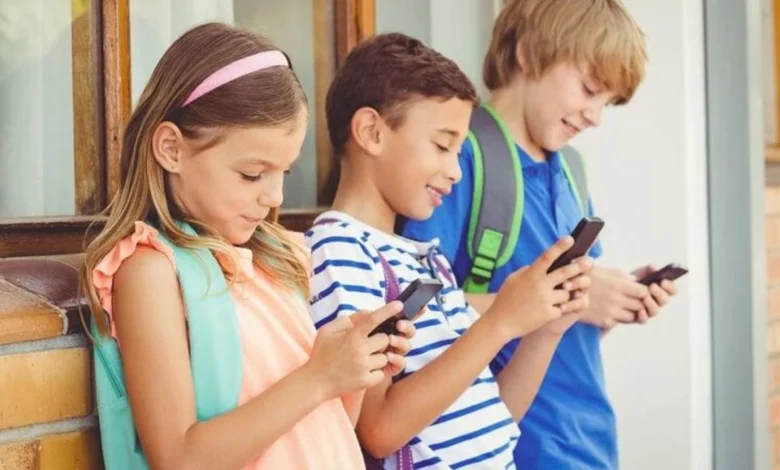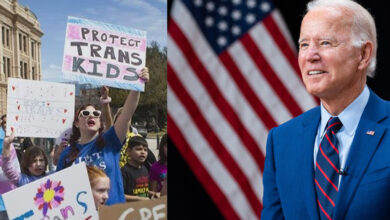The Future of Social Media for Kids: Australia’s Experiment

In a move that has sent shockwaves through the tech world and sparked heated debate, the Australian government has unveiled a landmark bill aimed at banning children under the age of 16 from accessing social media platforms. This unprecedented legislation, dubbed the “Digital Wellbeing Act,” seeks to address growing concerns about the negative impacts of social media on the mental health and well-being of minors.
The bill, if passed, would make Australia the first country in the world to implement a complete ban on social media for children under 16. This bold step is driven by a growing body of research highlighting the potential risks associated with early and excessive social media use. Studies have linked social media use to increased anxiety, depression, body image issues, and sleep disturbances in young people.
The Government’s Rationale
The Albanese government has emphasized the need for proactive measures to protect children from the potential harms of social media. Minister for Communications, Michelle Rowland, stated, “We cannot stand idly by while our children are exposed to the pressures and risks of social media platforms designed for adults. This legislation is about safeguarding their innocence and ensuring their healthy development.”
The Details of the Bill
The Digital Wellbeing Act outlines several key provisions:
Minimum Age Requirement: The bill establishes a minimum age of 16 for accessing social media platforms. This means that children under 16 will be prohibited from creating accounts or using these platforms.
Strict Enforcement: The government has vowed to enforce these restrictions rigorously, with hefty fines levied on social media companies that fail to comply. These fines could reach up to $32 million for repeat violations.
The bill mandates that social media companies implement robust age verification processes to ensure compliance. These processes could include various methods like facial recognition, identity document checks, or parental consent.
No Exemptions: Existing users under the age of 16 will not be exempt from the ban. They will be required to deactivate their accounts or face restrictions on their access.
The introduction of this bill has sparked a mixed response from the public and various stakeholders. Many parents, child advocacy groups, and mental health professionals have welcomed the initiative. They argue that it is a necessary step to protect children from the potential harms of social media.
Others, including some tech companies, civil liberties groups, and even some young people, have expressed concerns about the bill. They argue that it could infringe on personal freedoms, restrict access to valuable information and educational resources, and hinder the development of digital literacy skills. They also question the effectiveness of age verification measures and the potential for unintended consequences, such as encouraging children to use social media in secret.
The debate surrounding the Digital Wellbeing Act is likely to continue as the bill moves through the legislative process. The government faces the challenge of balancing the need to protect children with the concerns of those who believe the bill is too restrictive. The outcome of this debate will have significant implications for the future of social media regulation and the digital lives of young people in Australia and potentially beyond.




